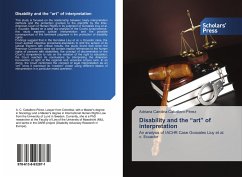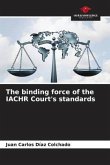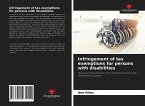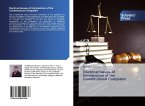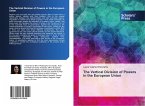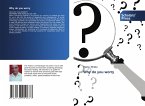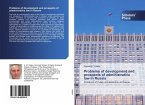This study is focused on the relationship between treaty interpretation methods and the protection granted to the plaintiffs by the Inter-American Court of Human Rights in its judgment of Gonzales Lluy et al. v. Ecuador. Based on a case law analysis of the Courts jurisprudence, this study explores judicial interpretation and the possible consequences of this landmark judgment in the protection of disability rights.Findings suggest that in the Gonzales Lluy et al. v. Ecuador case, the Court applied objective procedural-standards to limit the sphere of its judicial freedom with critical results. the study found that since the American Convention does not contain explicit references to the human rights of persons with disabilities, the concept of discrimination or the Court s competence to rule on the violation of the right to education, the Court reached its conclusions by interpreting the American Convention in light of the regional and universal corpus iuris. In so doing, the Court reinforced the concept of legal interpretation as an "art" since it exercised its "creation" power using different means of interpretation in a particular mixed operation.
Bitte wählen Sie Ihr Anliegen aus.
Rechnungen
Retourenschein anfordern
Bestellstatus
Storno

